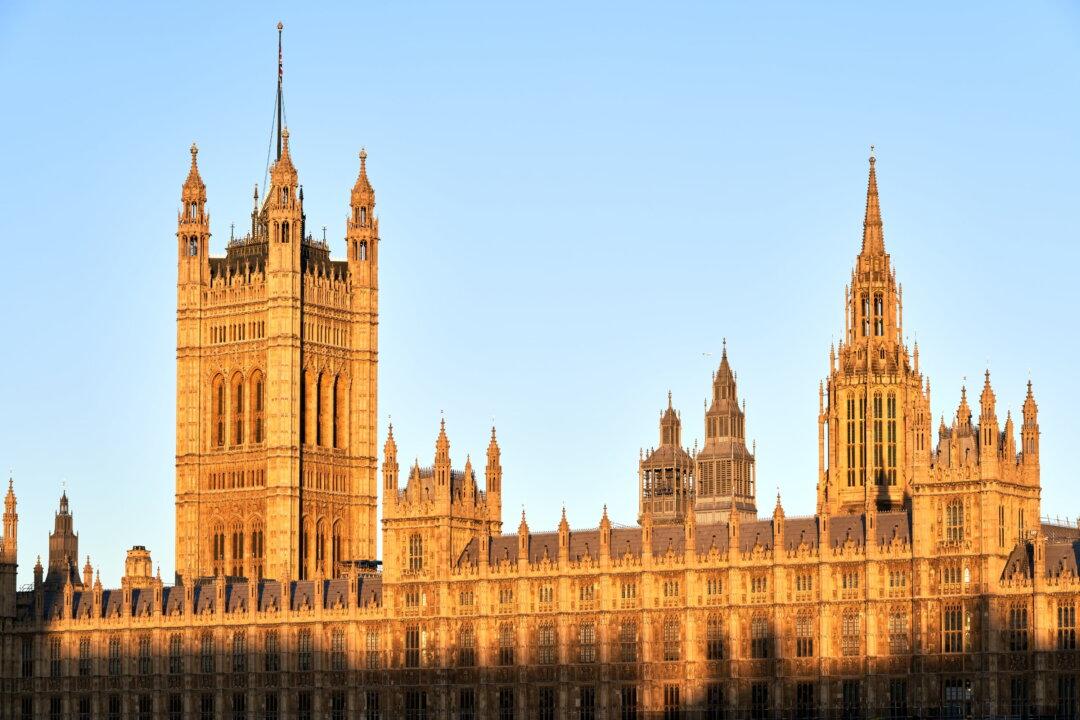Britain should officially designate China as a “threat” instead of a “systemic competitor,” according to a report by members of Parliament (MPs), which says this must be done in tandem with fading out reliance on Beijing.
The UK Foreign Affairs Committee (FAC)—an influential cross-party group of MPs—on Dec. 18 published a report into the UK’s official foreign policy and strategy policy.





